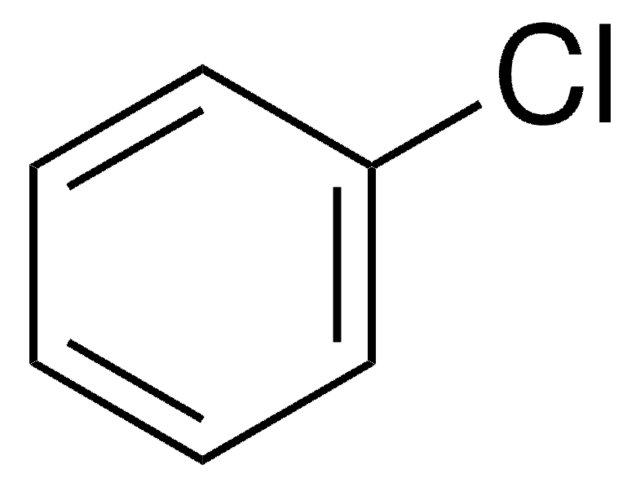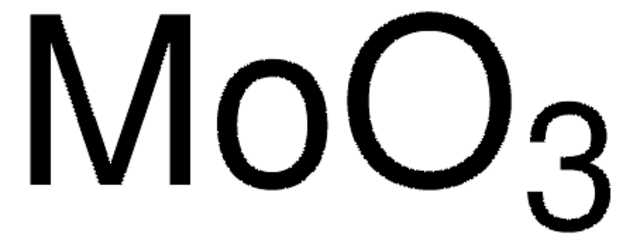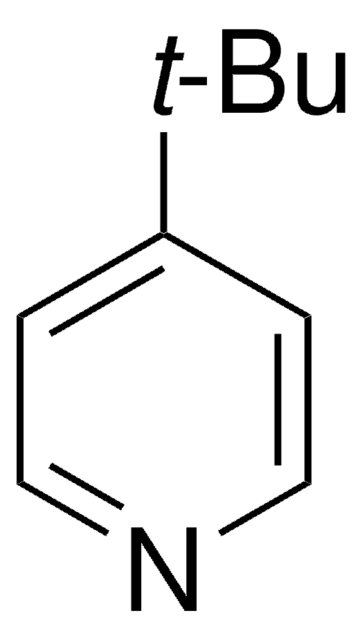250295
1,8-Diiodooctane
98%, contains copper as stabilizer
Synonyme(s) :
Octamethylene diiodide
About This Item
Produits recommandés
Pureté
98%
Forme
liquid
Contient
copper as stabilizer
Indice de réfraction
n20/D 1.5653 (lit.)
Point d'ébullition
167-169 °C/6 mmHg (lit.)
Densité
1.84 g/mL at 25 °C (lit.)
Groupe fonctionnel
iodo
Chaîne SMILES
ICCCCCCCCI
InChI
1S/C8H16I2/c9-7-5-3-1-2-4-6-8-10/h1-8H2
Clé InChI
KZDTZHQLABJVLE-UHFFFAOYSA-N
Vous recherchez des produits similaires ? Visite Guide de comparaison des produits
Catégories apparentées
Application
- to improve the morphology and the efficiency of bulk heterojunctions solar cells, based on the regioregular poly(3-hexylthiophene) and a soluble fullerene derivative
- to improve the power conversion efficiency of polymer solar cells
Mentions de danger
Conseils de prudence
Classification des risques
Aquatic Chronic 4
Code de la classe de stockage
10 - Combustible liquids
Classe de danger pour l'eau (WGK)
WGK 3
Point d'éclair (°F)
235.4 °F - closed cup
Point d'éclair (°C)
113 °C - closed cup
Équipement de protection individuelle
Eyeshields, Gloves, type ABEK (EN14387) respirator filter
Faites votre choix parmi les versions les plus récentes :
Déjà en possession de ce produit ?
Retrouvez la documentation relative aux produits que vous avez récemment achetés dans la Bibliothèque de documents.
Les clients ont également consulté
Notre équipe de scientifiques dispose d'une expérience dans tous les secteurs de la recherche, notamment en sciences de la vie, science des matériaux, synthèse chimique, chromatographie, analyse et dans de nombreux autres domaines..
Contacter notre Service technique














